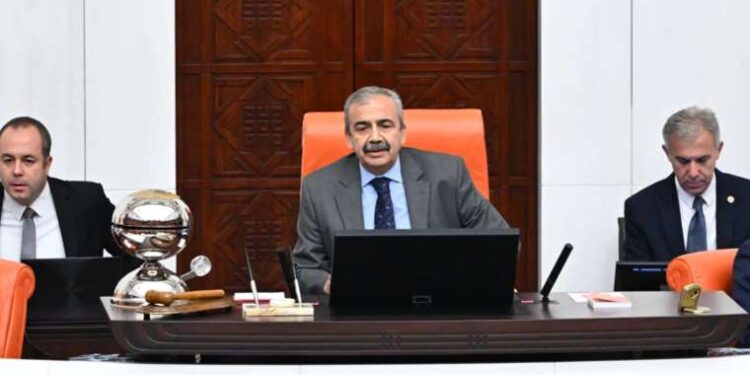After a two-year review, the IAEA said that the water would have a negligible radiological impact on people and the environment
Pacific Island leaders will review a report by the U.N. nuclear watchdog on Japan’s proposed Fukushima treated water release before deciding a position, Cook Islands Prime Minister Mark Brown said on Tuesday after meeting with its director general.
After a two-year review, the IAEA said Japan’s plans to release some 500 Olympic size swimming pools worth of water from the Fukushima plant wrecked by a tsunami more than a decade ago were consistent with global safety standards and that they would have a “negligible radiological impact to people and the environment”.
The Pacific Islands Forum, a regional bloc of 18 island nations, had raised concerns about the release of the water fearing among other things the impact on fisheries.
Following the release of the report, Rafael Grossi, the Director General of the International Atomic Energy Agency (IAEA), traveled to the Cook Islands on Tuesday to brief Pacific Island leaders on its findings. Grossi has also visited South Korea and New Zealand.
“If it’s safe then it should be allowed to discharge,” Brown, chairman of the Pacific Islands Forum, told media after the meeting.
There were “some divergent views” among Pacific Islands leaders on the issue, and the forum would see if a “convergent view” could be reached, he added, according to Cook Islands Television.
Brown told the meeting the Pacific’s nuclear testing legacy continues to affect its people and ocean, eight decades on.
The United States conducted nuclear testing in the Pacific islands in the 1940s and 1950s, while France conducted atomic testing between 1966 and 1996 at Mururoa Atoll in French Polynesia in the southern Pacific Ocean.
The Cook Islands capital of Rarotonga was where the 1985 Pacific Nuclear Free Zone was established under a regional treaty that prevents the dumping of radioactive material, he added.
A proposal for the IAEA to regularly report back to the Pacific Islands Forum on its continuous monitoring of the discharge would “go a long way to providing an assurance” to the Pacific about safety, Brown told local media afterward.












